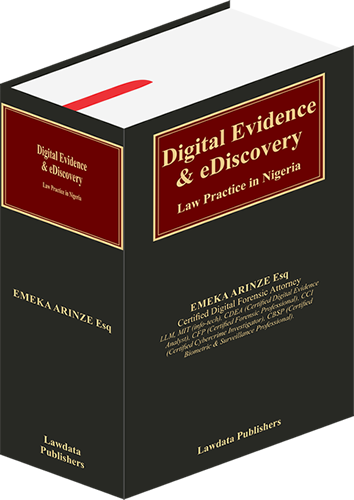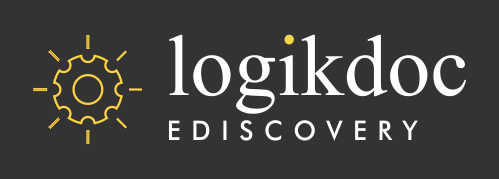Digital Fluency & Proficiency Certification Program, in Digital Evidence, Forensics, and eDiscovery in the Judicial Process.
For Judicial Officers
Overview
There is no doubt that Computer systems and digital technology, have made critical inroads into our judicial system, with its concomitant impact on our jurisprudence. We need no debate to accept the fact that digital technology, has become embedded in our everyday life. As a social and legal experience, individuals in our various communities now interact, exchange ideas, share information, provide social support, conduct business, direct actions, engage in social media activities. Today, we are experiencing a significant transition, from letters fixed on paper to information created, stored and communicated electronically. Corporations, governments, private individuals and other business operators, keep their critical data that often become evidentiary in electronic format, stored on computers and computer-related devices. Issues of admissibility of such data stored in computer, often arise in the course of litigation in courts.
In the review of the book, International Commentary on Evidence, Deirdre M. Dwyer said:
“It is self-evident that as our society makes increasing use of electronic devices, such as computers and mobile phones, so the evidence that we rely on in litigation, both civil and criminal, will be increasingly electronic in nature. But central to this increasing use of electronic evidence are fundamental technical and legal questions about the quality of that evidence and the circumstances under which it can be obtained and then admitted into court.”
Judges considered as gatekeepers in their courtrooms determine what evidence is allowed, in compliance with the rules of evidence appropriate to their court, and as such, responsible for keeping inappropriate evidence such as irrelevant, unreliable and/or overly prejudicial evidence, out of court. These considerations also apply to scientific and technical evidence. But when the court is not familiar, or acquainted with the fundamental issues, pertaining to the technical content inherent in the facts of a case, or element of the crime as the case may be, problems arise. When technical evidence supporting theories based on scientific truth is presented to a court, not familiar with the method used, misunderstanding and misconception may result.
Judges cannot perform their roles as gatekeepers, where they lack the know-how to appreciate the technical dynamics inherent in electronic processes, including knowledge of the underlying technologies from which the digital evidence is derived.
Program Outcome
-
Understanding the technical dynamics inherent in electronic processes
-
Become familiar with the knowledge of the underlying technologies from which the digital evidence is derived
Features
- Scheduled Zoom Meetings
- Training Videos
- Online Self-Test
- Discussion Forums
- Assessments
Training Resource Tools

The Book
Digital Evidence & eDiscovery Law Practice

Logikdoc
Electronic Document Discovery Management System

ExhibitSecure
Digital Exhibit Management, Authentication, Security & Trial Presentation
Convener

